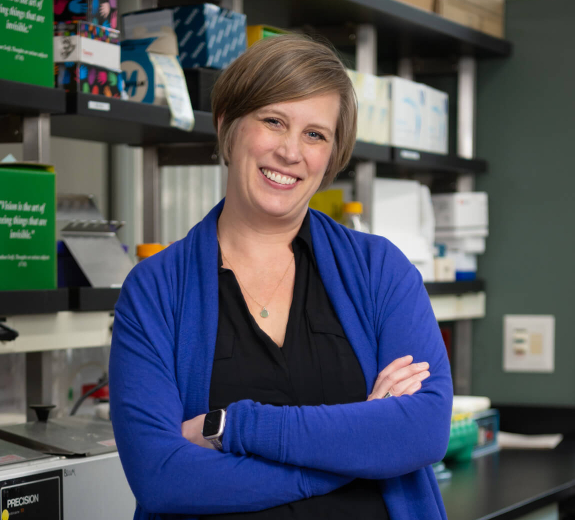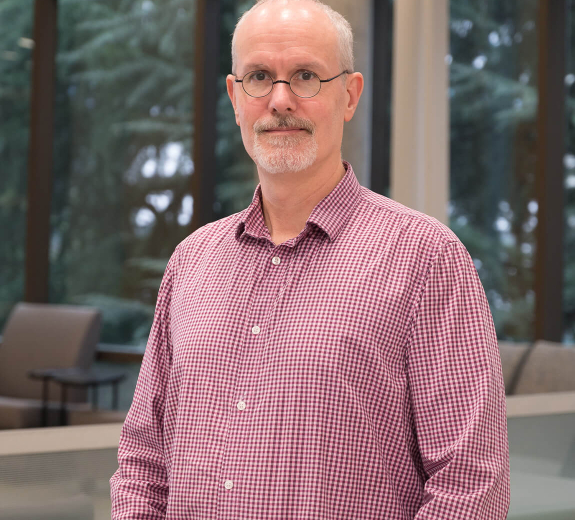What is the EMU?
The EMU is a BRI program that runs small human trials to better understand exactly how a medicine works. The research team examines the particular cells and mechanisms a medicine influences to treat a disease. These studies often look at “repurposing” therapies, which means testing to see if medicines that treat one condition might also treat another.
EMU studies are different from clinical trials, which typically focus on understanding if a medicine works to treat specific features of a disease. Unlike EMU studies, clinical trials often don’t examine the exact immune mechanisms a therapy uses in as much detail.
Why are these smaller EMU studies beneficial?
These studies give scientists deeper insight into exactly how a therapy works.
“For example, two previous EMU studies looked at two therapies that slow down inflammation and are targeted against the same immune pathway – so people thought their immune mechanisms would be the same. We learned that these two drugs work in completely different ways,” Dr. Speake says. “Knowing that moves us closer to being able to give people therapies that target the exact mechanisms that drive their disease.”
They can also help scientists collect preliminary data before conducting larger trials.
“If we collect promising data from this pilot study about how the immune system changes after vedolizumab, that would be a strong case for testing it in a larger clinical trial,” Dr. Speake says. “And if we don’t, we’ll save a bunch of time and money on a larger-scale study testing a drug that wasn’t going to be helpful in T1D.”
How do philanthropy and foundation funding help advance this work?
A grant from The Leona M. and Harry B. Helmsley Charitable Trust made this study possible, illustrating how foundations and donors play a key role in research by helping fund early-stage studies of new, innovative ideas.
“It can be challenging to fund new and innovative projects because larger funding sources like the NIH require lots of preliminary data to apply for larger grants,” Dr. Speake says. “Foundation funding and philanthropy help bridge that gap by funding early-stage studies and enabling us to test these different and exciting approaches.”





